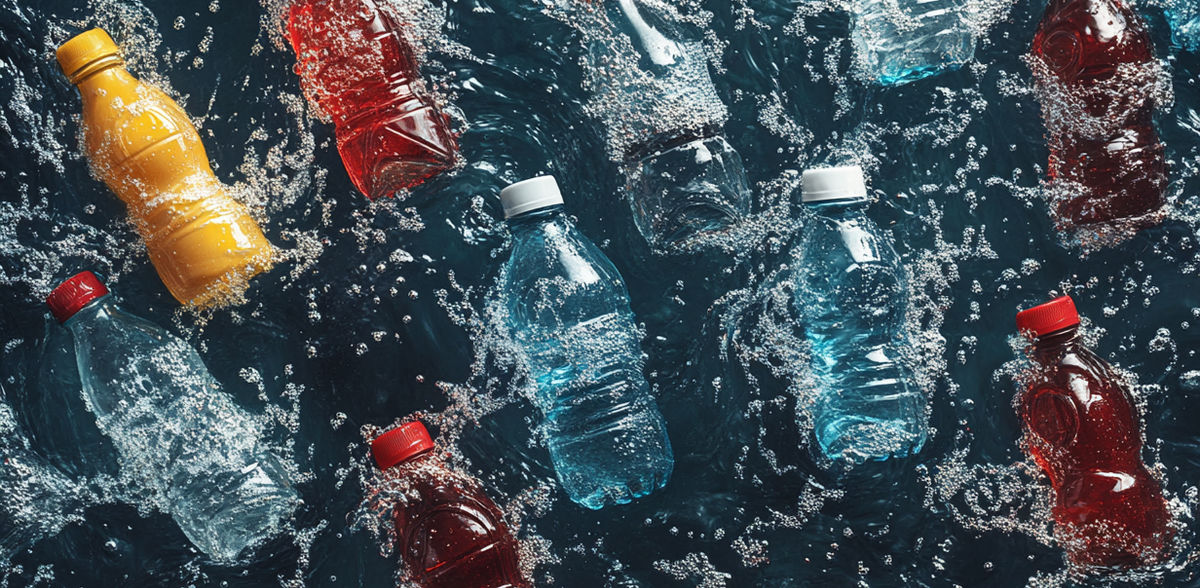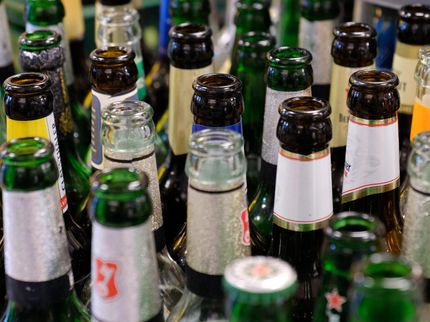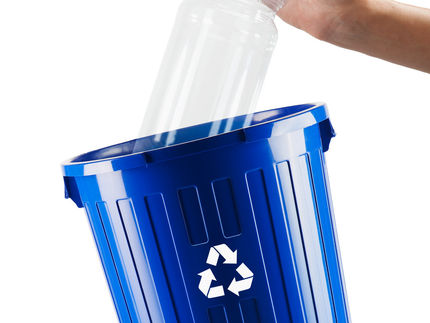PET bottles: Germany 2023 with 98% recycling and more R-PET than ever before
Material consumption falls by 8.5%, R-PET share increases despite high prices
Advertisement
Significant increase in efficiency throughout the entire production and recycling cycle: a recent study by GVM Gesellschaft für Verpackungsmarktforschung mbH shows that the proportion of recycled PET (R-PET) in bottle production and the recycling rate have reached new record levels. At the same time, material consumption has fallen due to optimized bottle weights. Despite the higher prices for R-PET, its use continued to increase. German production capacities for preforms and bottles are adapting to changing market requirements.

Dr. Isabell Schmidt, Managing Director Circular Economy of the IK Industrievereinigung Kunststoffverpackungen
PET FORUM
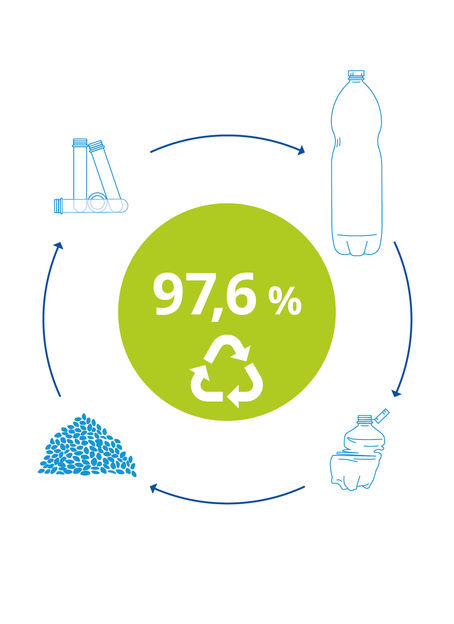
Prime example of a functioning material cycle: In Germany, 97.6% of PET beverage bottles were recycled in 2023. According to GVM Gesellschaft für Verpackungsmarktforschung mbH, which conducted the study, further increases are hardly possible - the goal can only be to maintain this extraordinarily high level.
PET FORUM

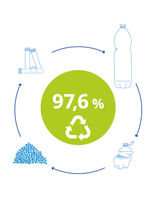
In 2023, a total of 380.6 kilotons of PET preforms and bottles were produced in Germany - 45 kilotons less than in 2021, which corresponds to a decrease of 10.5%. This result is due in particular to the continuous weight optimization of PET bottles. The use of short threads and the switch to tethered caps have also reduced material consumption. These measures help to conserve resources and at the same time improve the recyclability of the bottles.
There is a particularly positive trend in the use of recyclate. In 2023, the proportion of R-PET in the German production of preforms exceeded that of virgin material for the first time: 51.2% of the material used came from recycled PET. In terms of consumption, the proportion of R-PET also rose significantly to 46.9% of all bottles processed in Germany and 48% of single-use bottles with a deposit. This means that the use of R-PET has increased by 6.4% and 9.2% respectively since 2021. "The continuous increase in the proportion of recycled material shows the innovative strength and commitment to sustainability of the German PET industry," explains Dr. Isabell Schmidt, Managing Director of Circular Economy at the IK Industrievereinigung Kunststoffverpackungen.
Circular economy and foreign trade in the PET sector
According to the GVM study, Germany also remains a pioneer in the PET circular economy. In 2023, 97.6% of PET beverage bottles were recycled, which once again confirms the effectiveness of the deposit system. 99% of all PET bottles were collected in Germany, meaning that almost all PET waste was recycled. "With a recycling rate of almost 98%, we are the global leader," emphasizes Schmidt. A large proportion of the recycled material is fed directly back into the production process: 194.8 kilotons of R-PET came from the bottle-to-bottle cycle in 2023, which underlines the recyclability of the material.
On the trade side, both imports and exports of empty preforms and bottles have decreased compared to 2021. The GVM estimates the import surplus for 2023 at 39 kilotons. At the same time, 77% of the beverages bottled in Germany were filled into bottles or preforms that were produced domestically. There was an export surplus of 11 kilotons in the trade with filled bottles, although this has fallen by 7 kilotons compared to 2021.
R-PET demand remains high despite price increases
The study also shows an increase in the use of R-PET despite price turbulence on the market for recycled plastic. "The fact that this share has continued to rise despite higher prices for recyclate shows the determination of bottlers and manufacturers to achieve their sustainability goals," says Schmidt. Large bottlers have increasingly committed to using more recyclate, which has contributed to stable growth in the proportion of R-PET. These voluntary commitments by companies have played a key role in the corresponding increase. The trend is expected to continue in the coming years, particularly in view of future requirements due to stricter legal regulations at EU level.
German PET recycling plants are now so efficient that they can now process more material than is available domestically. The import of PET bottles therefore remains a necessary measure to utilize existing recycling capacities. An import surplus of around 20,000 tons was necessary in 2023 in order to fully utilize the capacity of the plants.
"The consistent improvement in recyclability, coupled with the increasing demand for recyclate, makes it clear that sustainability is the focus of the German PET industry," emphasizes Schmidt. "We are convinced that the industry will continue to develop innovative solutions that combine environmental protection and product quality, even in the face of stricter regulatory requirements."
Note: This article has been translated using a computer system without human intervention. LUMITOS offers these automatic translations to present a wider range of current news. Since this article has been translated with automatic translation, it is possible that it contains errors in vocabulary, syntax or grammar. The original article in German can be found here.
